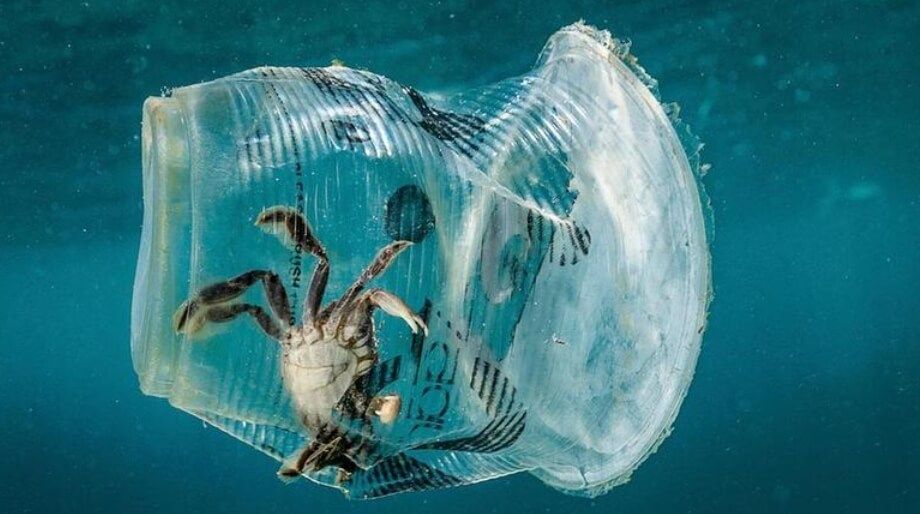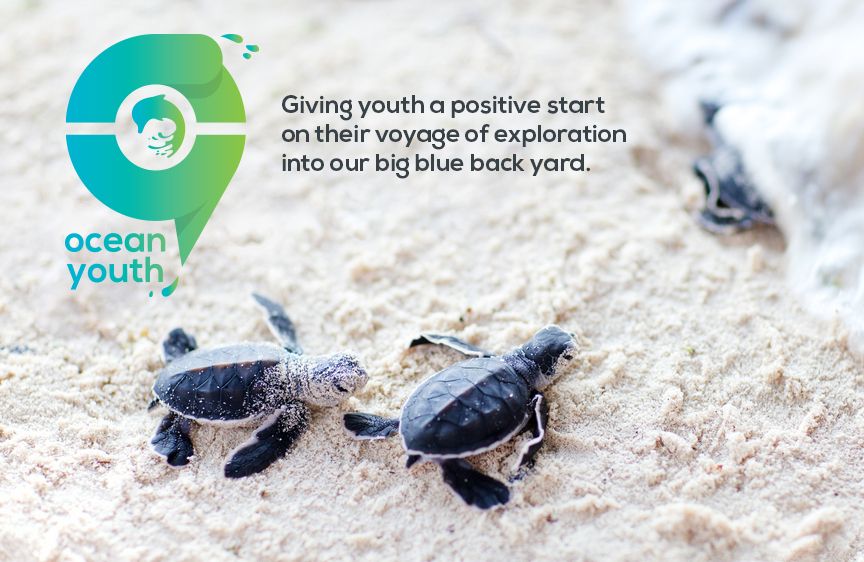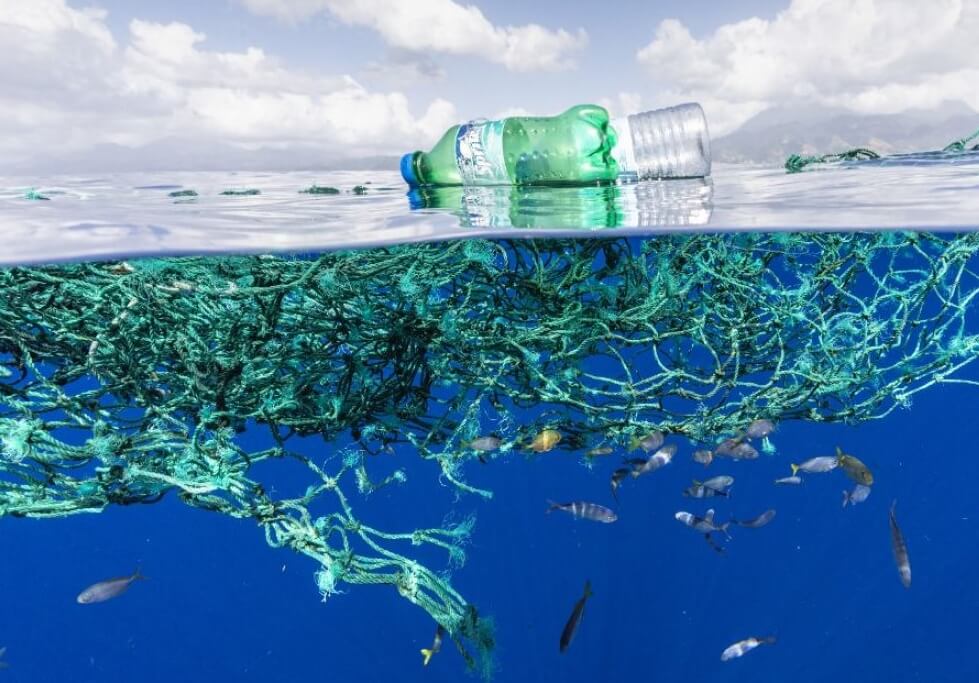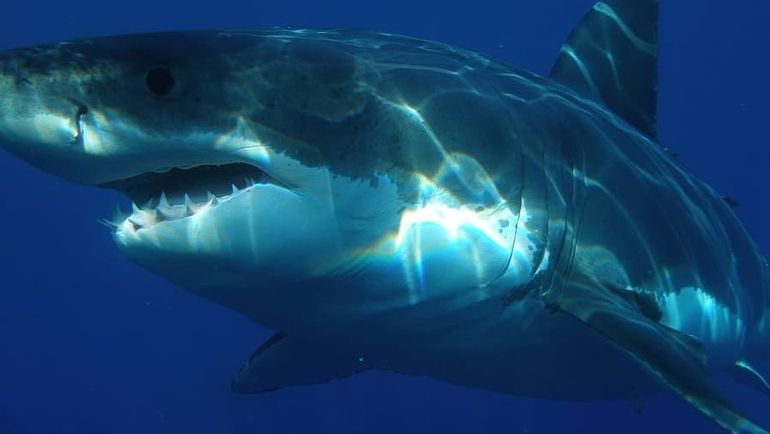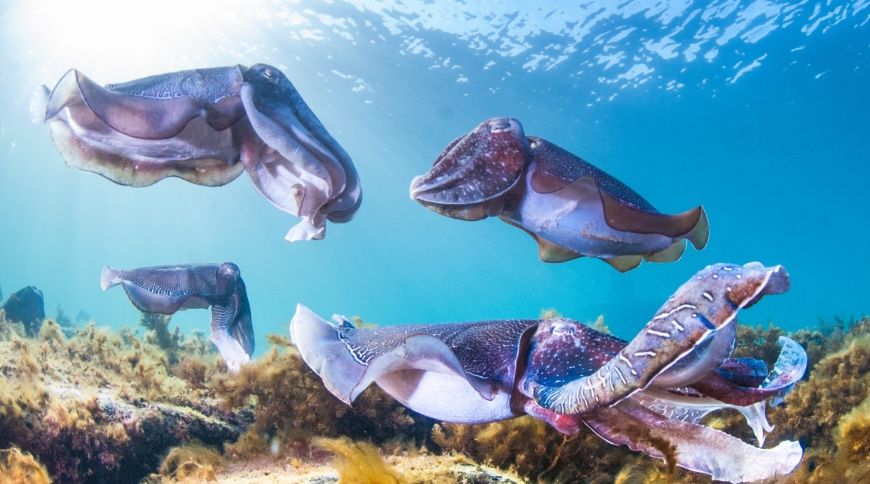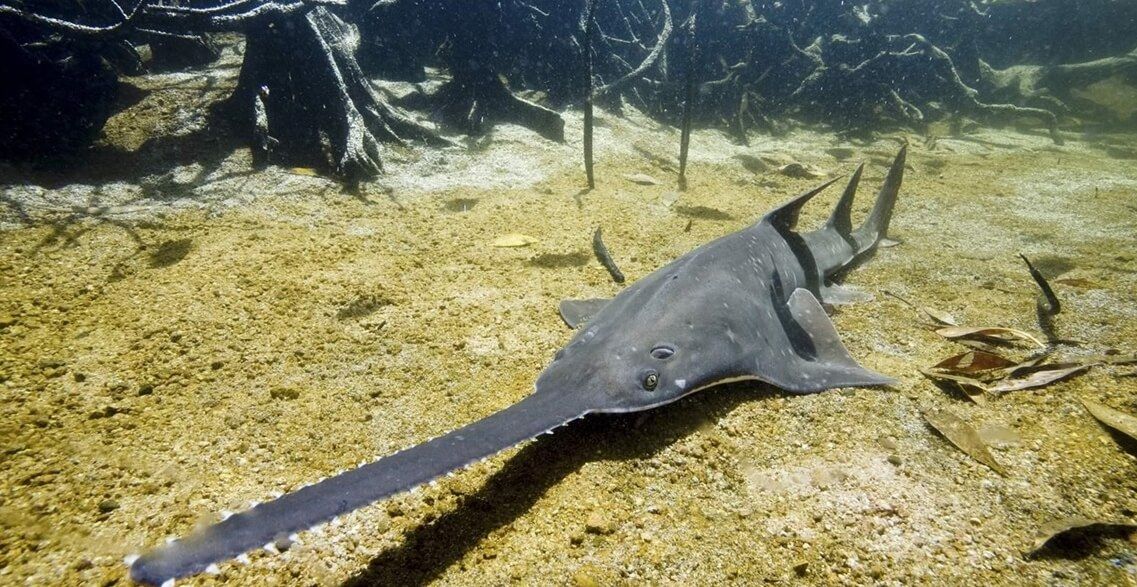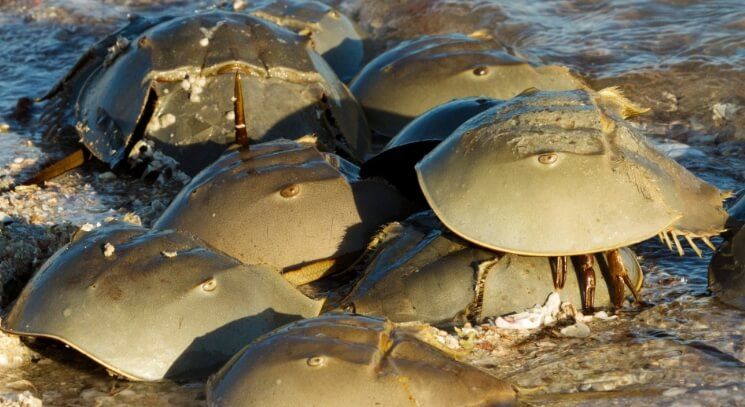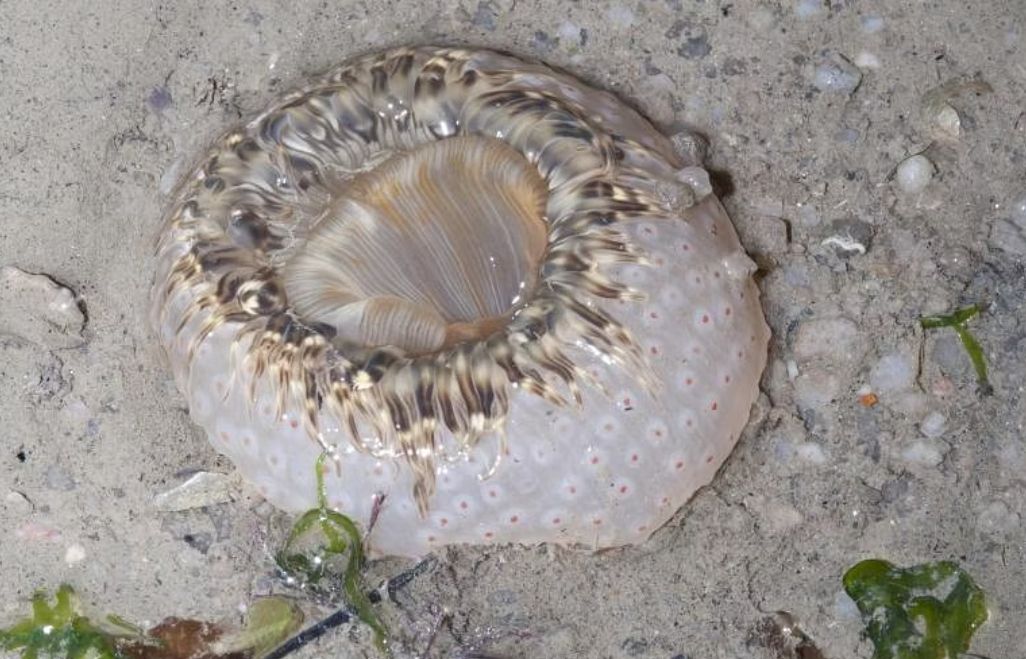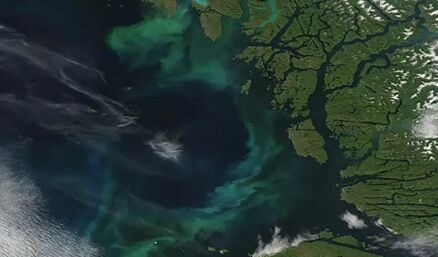The pollution of the world’s oceans due to plastic waste has become a pressing environmental issue. To address this problem, researchers at the University of California San Diego have made a significant breakthrough by creating a polyurethane foam polymer that rapidly degrades in seawater. This innovative bioplastic offers hope for a more sustainable solution to combat ocean pollution.
Biodegradable Polyurethane Foam
The scientists focused on biodegradable polyurethane materials, which are currently utilized as foam in the production of biodegradable shoes. Through a series of tests, the research team observed that marine micro-fauna, including fungi and bacteria, efficiently colonize the polyurethane foam. These microorganisms then break down the polymer into its original chemicals, which they subsequently consume as nutrients.
A Safer Solution for Ocean Pollution
The discovery of plastic-eating microorganisms thriving in natural marine environments has provided valuable insights for finding safer materials to combat ocean pollution. Traditional plastics break down into harmful microplastics, exacerbating the ecological crisis. However, the newly developed bioplastic degrades into substances that serve as food for microorganisms, preventing the accumulation of harmful plastic particles in the marine ecosystem.
Steven Mayfield, a professor at the School of Biological Sciences and director of the California Center for Algae Biotechnology, highlighted the significance of this breakthrough, stating, “Plastic waste in the ocean breaks down into microplastics. This has become a huge environmental problem. We have proven that it is possible to produce high-performance polymer products that decompose in water, but turn not into microplastics, but into food for microorganisms.”
Addressing Ocean Plastic Pollution
Plastic pollution poses a significant threat to marine life, with millions of tons of plastic waste entering the world’s oceans each year. Marine animals often mistake plastic debris for food, leading to ingestion and entanglement, causing injuries and fatalities. Moreover, plastic waste affects entire marine ecosystems, disrupting food chains and habitats.
The development of biodegradable materials like the polyurethane foam polymer offers a promising step towards mitigating ocean plastic pollution. By creating products that break down into harmless substances, researchers aim to minimize the negative impact of plastic waste on marine life and the environment.
Challenges and Future Prospects
While the development of biodegradable bioplastics is a crucial step forward, further research and innovation are needed to address the broader challenges of plastic pollution. Education and awareness campaigns are essential to inform the public about the environmental consequences of plastic waste and the importance of adopting sustainable practices.
Additionally, government regulations and policies play a vital role in curbing plastic pollution. Encouraging the use of biodegradable materials and incentivizing industries to adopt sustainable practices can accelerate the transition to a greener and cleaner future.
The development of a bioplastic that dissolves in seawater represents a significant breakthrough in the fight against ocean plastic pollution. By utilizing materials that biodegrade into nutrients for microorganisms, researchers are taking proactive steps to safeguard marine ecosystems and wildlife. However, the battle against plastic pollution is far from over, and collaborative efforts from governments, industries, and individuals are necessary to ensure a sustainable and cleaner future for our oceans. Through continued research, innovation, and public awareness, we can collectively make a positive impact on the global environmental crisis and protect the world’s oceans for future generations.


